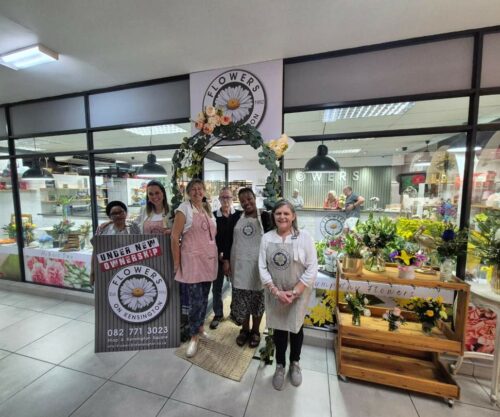
One relationship subtly shapes how we experience all of life’s phases, including pursuing objectives, establishing careers, falling in love, unlearning, and relearning: the relationship we have with ourselves.
It’s easy to forget. Particularly when we’re younger and acceptance from others seems like money. How well we live up to expectations or how other people perceive us is how we define success. However, as we age, something changes. You start to realise that self-trust, self-respect, and self-compassion are the keys to inner serenity, and that no relationship, job title, or external milestone can provide it.
It all comes down to how open you are about your wants and if you truly provide for them. Making choices based on your knowledge of what replenishes and what depletes you is key.
According to Kate O’Brien, a licensed therapist, “Self-relationship refers to our understanding, communication, and response to ourselves, including our feelings, actions, and decisions, encompassing our bodies, moods, mindsets, and behaviour.”
Simone Koger, a licensed marriage and family therapist, grief counsellor, further explains the significance of one’s relationship with oneself in shaping other facets of life. Self-criticism necessitates ongoing consideration and introspection because it can result in destructive relationships, retreat, and low self-esteem.
According to Healthifyme, “Having a relationship with yourself helps you recognise what works for you and does not. It helps you understand how much you can provide for others without draining or undermining yourself. It’s like how the metaphor goes, “You can’t pour from an empty cup”. Prioritising self does not mean that you give up doing things for others or avoid compromising. It means honouring what works for you and setting boundaries for what doesn’t. ”




